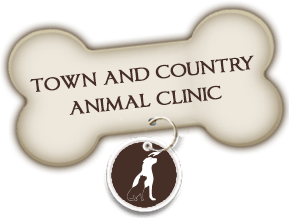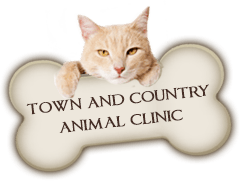There are many reasons that may cause your pet to become itchy. The following are signs and symptoms you can monitor to help determine why your pet may be itching. These may be questions asked by your veterinary staff in order to establish a complete history on your pet. Feel free to print this blog as a reference for your next examination.
1. Presenting Symptoms: please check any that apply.
- ___ Hair loss
- ___ Odour/Smell
- ___ Inflammation or redness
- ___ Itching/Scratching
- ___ Ear infections
- ___ Licking/Chewing
- ___ Sores/Lesions
- ___ Changes in skin: ______________________________________________
- ___ Other: _____________________________________________________
Please circle any problem areas:
2. Evaluation of Severity: on a scale of 0 to 10.
Severity of Overall Condition 0 1 2 3 4 5 6 7 8 9 10 No Symptoms Severe Severity of Skin Lesions 0 1 2 3 4 5 6 7 8 9 10 No Lesions Severe Severity of Scratching/Licking/Chewing 0 1 2 3 4 5 6 7 8 9 10 No Signs Severe
3. Evaluation of Onset and Seasonality:
Is this the first time your pet has experienced these symptoms? ___ Yes ___ No- If no, at what age did the symptoms first occur? __________________________
- If no, have they occurred around the same time of year each time? _____________
- If no, approximate times of year symptoms occur __________________________
4. Parasite Control:
Is your pet on flea/heartworm prevention? ___ Yes ___ No- If yes, what products? ______________________________
5. Evaluation of Lifestyle:
Where does your pet live? ___ Indoors ___ Outdoors ___ Both- If outdoors, please describe the environment ______________________________
- If yes, do these pets have the same symptoms? ___ Yes ___ No
- If these pets are cats, do they go outside? ___ Yes ___ No
- If yes, when was the last time you took your dog? ______________________________
- If yes, please indicate when and the location ______________________________
6. Evaluation of Diet:
What pet food are you feeding ? _______________________________ Do you feed the same food all of the time or provide a variety? ___ Always the same ___ Variety Have you changed his or her diet recently? ___ Yes ___ No Do you give your pet packaged treats? ___ Yes ___ No Do you feed your pet “human” food? ___ Yes ___ No7. Evaluation of Behaviour: indicate how your pet’s itching has affected his/her behaviour and relationship with you. (Circle all appropriate answers).
Sleeps Through the Night Always Usually Occasionally Never Activity Level Inactive Much less active Somewhat less active No change Social Behaviour Unsocial A lot less social Somewhat less social No change Relationship Changes Fewer walks No longer sleeps in bed/same room Interacts less with family.8. Prior Treatments:
Has your dog been treated for itching before? ___ Yes ___ No Indicate previous treatments administered to your dog (Check all that apply): ___ Steroids ___ Shampoos ___ Sprays ___ Ointments ___ Antibiotics ___ Antihistamines ___ Immunotherapy ___ Hypoallergenic Foods ___ Essential Fatty Acids Other: ________________________________________________________
9. Next Step:
Physical Exam: a thorough physical evaluation by your veterinarian will help identify any medical issues such as external parasites.
Laboratory Testing: an ear swab may be required to identify any infections in the ear including yeast and or bacteria.
- Your veterinarian may perform a skin scraping or hair pluck to detect scabies or demodex mites.
- An impression smear may be performed to detect other parasites and check for the presence of yeast and or bacteria.
If you have any concerns about your itchy furry friend, please call us at (519) 250-0099.
www.TownandCountryAnimalClinic.ca








